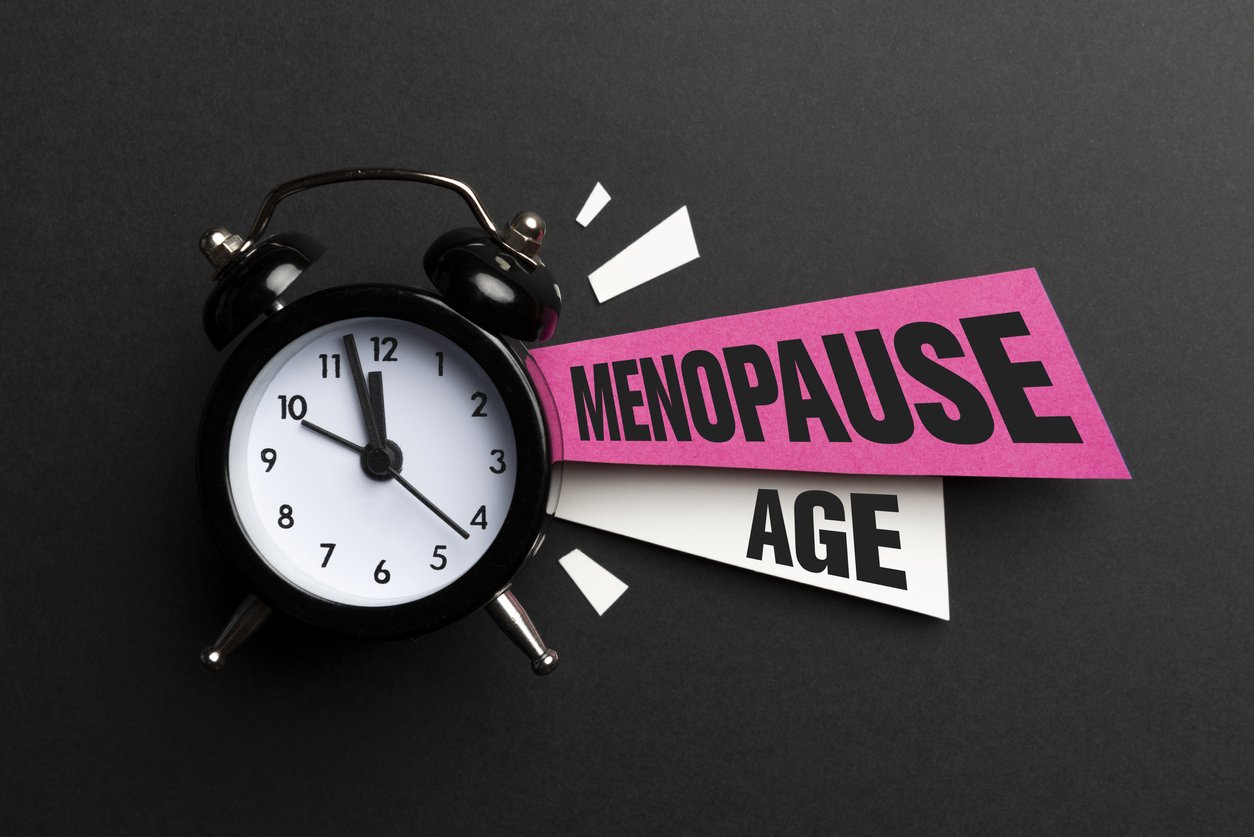4.3 million women in the UK aged 50 and beyond now work and this figure has risen 72% since 1994. More and more older women are in work than ever before and with the average age of the menopause at 51, many are likely to be going through the transition.
Despite this, there are still no nationwide rules for employers to do anything about the menopause, which can cause a lot of unnecessary stress and embarrassment as well as loss of productivity and increased costs to employers.
Due to the nature of the symptoms they can really affect a woman’s work life.
A recent survey carried out by ITV’s talk show Lorraine found 10% of women have seriously considered giving up work due to their symptoms of the menopause.
As ethical employers, it should be a corporate social responsibility to ensure employees wellbeing needs are recognised and catered for, while their quality of life isn’t reduced when working for the company.
So why exactly do we need nationwide practices for the menopause in the workplace in the UK?
It costs
Reports earlier this year speculated the economic cost of the menopause. They estimate that menopause-related absences alone would ‘cost the economy at least £7.3million in absence-related costs.’
And this figure didn’t take into account other elements which are more difficult to measure such as lateness, loss of productivity and reduced work hours due to menopausal symptoms.
It’s the law
Workplace discrimination based on gender or age is illegal under the 2012 Equality Act. Actions such as dismissals or reductions of workplace benefits are not only unjust but violate the law. If you believe you have been unfairly treated and can provide a medical note illustrating the menopause is the cause, you may be able to make a discrimination claim and should seek legal advice.
It’s demotivating
A failure to recognise particular health issues and deal with them respectfully can have a detrimental impact on employee’s morale. Ambition and aspiration to succeed and perform well is replaced by worry and stress and results in a loss of engagement.
Stringent rules such as those to do with dress codes, working hours and unrelenting performance targets can prove a recipe for disaster for menopausal women and really devastate their career and quality of life.
What employers need to do
Simply to recognise that the menopause in the workplace as an issue is a start. Far too few organisations in the UK have no menopause-specific wellbeing policies whatsoever.
Policies to offer support could have a fantastic effect on morale and performance, for instance, a real issue menopausal women struggle with is loss of sleep which can wreak havoc on productivity levels. If employers introduced a flexible hours scheme for women suffering these symptoms, they’d save from loss of productivity while providing much-needed comfort for women struggling.
Unfortunately, it’s not on the agenda of managers and firms poorly-equipped towards the menopause face massive costs while their employees suffer.
The Independent concisely put across how illogical it is that companies aren’t catering towards the menopause, a natural part of life which every woman will experience and the majority of which will suffer some symptoms:
“Imagine a woman in her early thirties telling her manager she is pregnant and saying she wants to take maternity leave at a certain point and return to work when the baby is three months old. Nothing unusual there.
Now imagine the same woman, 15 years later, telling the same manager she is experiencing severe menopausal hot flushes and night sweats and wants to work from home when these symptoms are especially bothersome. The evidence suggests that, even if this woman felt able to disclose her symptoms (and many, many mid-life women workers do not), she is likely to meet with bafflement, at best.” (The Independent)
A 54-year-old administrator who prefered to stay anonymous has experienced menopause-related ageism at work and explains to Good Housekeeping,
“I had an awful time, I was crying a lot and feeling low and my bosses were rubbish – they didn’t understand at all and were not supportive. I actually think they were scared to confront the issue, or that they didn’t believe it even was an issue.”
We need to remove the taboo surrounding the menopause, it’s a normal part of life after all. It’s astounding that a natural occurrence which every woman will experience is still ignored by so many organisations.
Have you had any experiences of discrimination at work because of the menopause? We’d love to hear from you, let us know in the comment section.
Never miss a post. Sign up to our weekly newsletter with the button below to keep up to date with our latest content and follow us on Facebook, Twitter and Instagram for regular updates.





